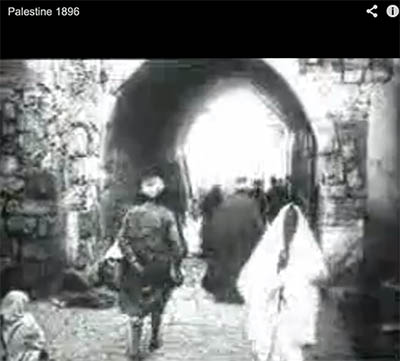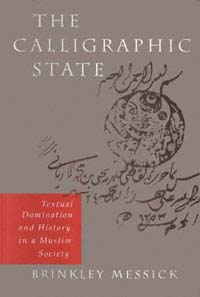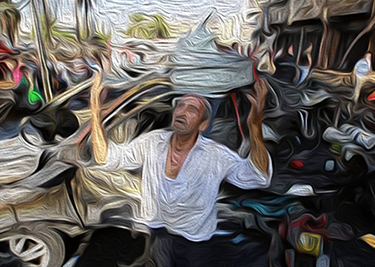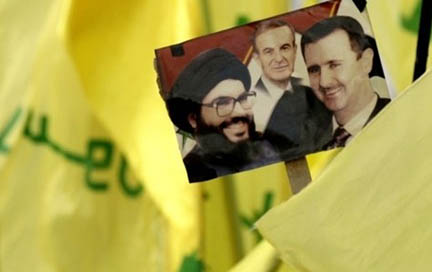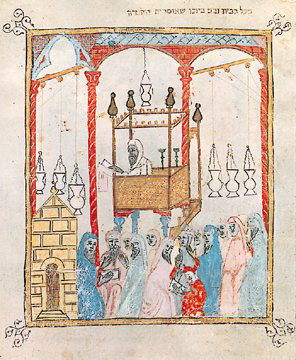
Image of a cantor reading the Passover story in Al Andalus, from the 14th century Haggadah of Barcelona.
by Ed Swan, Research Intern, Quilliam Foundation
The phenomenon of antisemitism in Muslim-majority societies is usually explained in one of two ways. Either it is seen as something innate to Islam, constituting a core element of Islamic thought and scripture, and exemplified by centuries of persecution and conflict, or it is presented as a reaction to Zionism, and a break with a history of interfaith cooperation. The debate is influenced by absolutist viewpoints, which hold, for example, that the reaction to Israel in the Islamic world is purely antisemitic, or that pre-Zionist relations between Jews and Muslims constituted a utopian ideal of coexistence. The Islamic Caliphate of Al-Andalus, which existed in various forms in Iberia from the eighth to the fifteenth centuries, is often held up as the example par excellence of this coexistence. A closer look at the society of Al-Andalus helps to demonstrate that, while perhaps it was no utopia, the phenomenon of ‘Muslim antisemitism’ as we recognise it today does not have its roots in Islamic history.
Antisemitism in Muslim majority countries is well documented: a recent survey reports that large majorities of respondents in countries such as Egypt (95%), Turkey (76%) and Pakistan (76%) have an ‘unfavourable opinion of Jews’ (Pew Research Global Attitudes Project, 2008). Focusing specifically on the Arab World, where the largest majorities reported unfavourable opinions, there are a number of examples in local media that demonstrate the form of this antisemitism. European narratives play a prominent role, for example, Mein Kampf and the fabricated Protocols of the Elders of Zion continue to this day to be widely published and distributed in Arabic translation, and the latter formed the basis of a 2002 Egyptian television series syndicated across the Arab World.
These European-inspired antisemitic ideas can be seen employed as a response to the two overwhelming perceived threats to Islam: Western imperialism and Zionism. Continue reading ‘Muslim antisemitism’ and Al-Andalus: a historical perspective →
